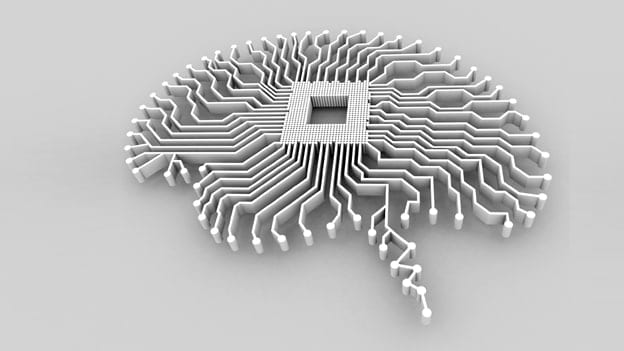AI in 2020: What to expect from data and AI this year and beyond

HR technology will continue to be “white-hot” in 2020, as per by a famous HR tech influencer. It is true because companies operating in a talent-dominated environment are continuously seeking to invest in tools to help them better recruit, develop and support their workforces.
However, despite that promising outlook, there are growing concerns about the expanding use of technologies, especially, artificial intelligence (AI) and the use of data.
The outlook 2020 predicts Data and AI to be your best allies at workplace!
AI and Machine Learning have been catalysts in accelerating the growth of every industry. And HR is no exception. HR departments now can leverage data to make less biased hiring decisions, engage employees, design personalized learning journeys and career paths, and provide a personalized HR touch to every employee. Similarly, AI and ML are changing the whole function and making it more efficient, intelligent and progressive. Right from attracting to hiring to engaging to developing to growing and coaching employees, AI will be applied to the entire lifecycle HR, thus allowing HR to demonstrate greater business relevance and accountability and impact the world of work like never before. Moving on from the era of people analytics, the shift will be towards analytics for people.
Top Trends to look out for AI in 2020
- More explainable and transparent:
Pankaj Bansal, Co-founder and CEO of PeopleStrong shares, "Besides the more complex and powerful architectures (in AI), the focus has shifted to making AI more explainable and transparent."
- Better recommendations for improving the productivity:
Long gone are the days when people used to get excited by a few discrete use-cases of AI. It is time for a more sustained and long-term change. Bansal further shares, "What is needed for answering the questions related to the changing landscape of the workplace is a more engaging AI that is expected to keep learning about a user and get better at recommendations for improving the productivity of the end-user."
- Whitebox AI
The current advancements in AI are happening in NLP (natural language processing) through machine learning, which further improves parsing. Semantic search makes it possible for even novitiate recruiters to be masters at sourcing from big data sets. However, this will only work if the AI is built in a transparent way using HR-specific data. Hence, the shift towards “whitebox” AI that let users mintain control of how AI operates and make sure that machines are learning the right things from the data.
- Personalization driven
This trend is driven by the success of internet giants like Amazon and Google, and their ability to deliver personalized experiences and recommendations. AI allows providers of goods and services to quickly and accurately project a 360-degree view of customers in real-time as they interact through online portals and mobile apps, quickly learning how their predictions can fit our wants and needs with ever-increasing accuracy.
Companies can deliver a great experience for candidates visiting their career site by personalizing the job vacancies and employer branded content on display, based on previously captured data and online behavior. Job recommendations will be defined by variables like geography, skill profile or screening information, or on variables that oscillate, such as browsing history.
Artificial Intelligence (AI) has undoubtedly been the technology story of the 2010s, and it doesn't look like the excitement is going to wear off as a new decade dawns.

















